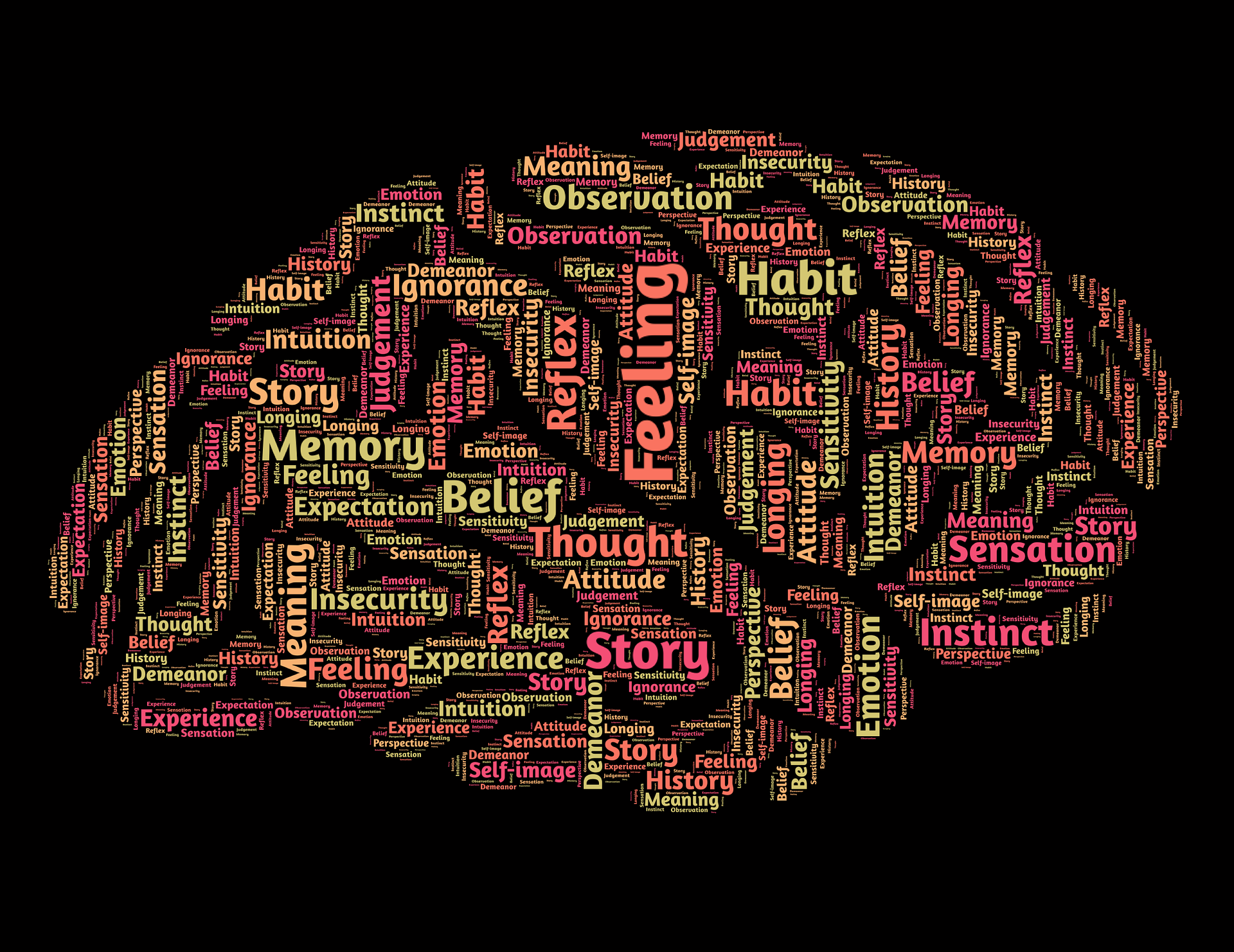
SHARE THIS ARTICLE:
Limbic System Retraining: A Tool to Heal Lyme?
 On February 22, 2023, The International Lyme and Associated Illnesses Society (ILADS) hosted a webinar with Annie Hopper, a limbic system rehabilitation specialist and founder of the Dynamic Neural Retraining System. Hopper states that she has found great success with this process in her own healing and has dedicated her life to help others recover.
On February 22, 2023, The International Lyme and Associated Illnesses Society (ILADS) hosted a webinar with Annie Hopper, a limbic system rehabilitation specialist and founder of the Dynamic Neural Retraining System. Hopper states that she has found great success with this process in her own healing and has dedicated her life to help others recover.
Hopper believes this drug free, self directed, neural rehabilitation is the missing piece of the healing puzzle for those with limbic impairment associated with illnesses such as chronic Lyme, long COVID, multiple chemical sensitivities (MCS), mast cell activation syndrome (MCAS), chronic inflammatory response syndrome(CIRS), food sensitivities and many other complex illnesses.
She explains that limbic impairment occurs when the brain is exposed to internal and external environmental assaults such as bacterial or viral infections, chemical or mold, long term stress, PTSD, or trauma resulting in structural changes in the brain. These changes alter the stress response, immune response, endocrine system, and autonomic nervous system, keeping the brain and body in an over active state of flight, fight or freeze. This maladaptive state can affect the physical, psychological, emotional, and behavioral responses of the person suffering.
Two unpublished studies (Karolinska Institute, Stockholm, Sweden; and McMaster University Research, Hamilton Ontario) have shown “great to astonishing” recovery of patients’ symptoms and quality of life over time. The limbic system retraining decreases the threat arousal, resulting in healing of different areas of the brain by rebalancing inhibition and activation, regulating the flight or flight response, and regulating the freeze response. When the brain is no longer stuck in a stress response Hopper believes that this neurological reset can be the key to healing that medication alone may not help.
Though this method has shown to be effective in two university studies as well as in case studies, Hopper states the recovery process is rarely linear and may take weeks to months depending on the individual. Challenges of the program include individuals motivation and discipline to practice daily, and a support system while in recovery. Participants in the program will learn how the brain is involved, recognize thought, emotional and behavioral patterns and how to change them. They will learn guided visualization techniques while focusing the brain, and experience incremental training with desensitization through small exposures. They will also learn to elevate their emotional state throughout the day and throughout the process.
For More Information
More on ILADS Physician and Patient Training
More LDA Articles on Lyme Treatment





